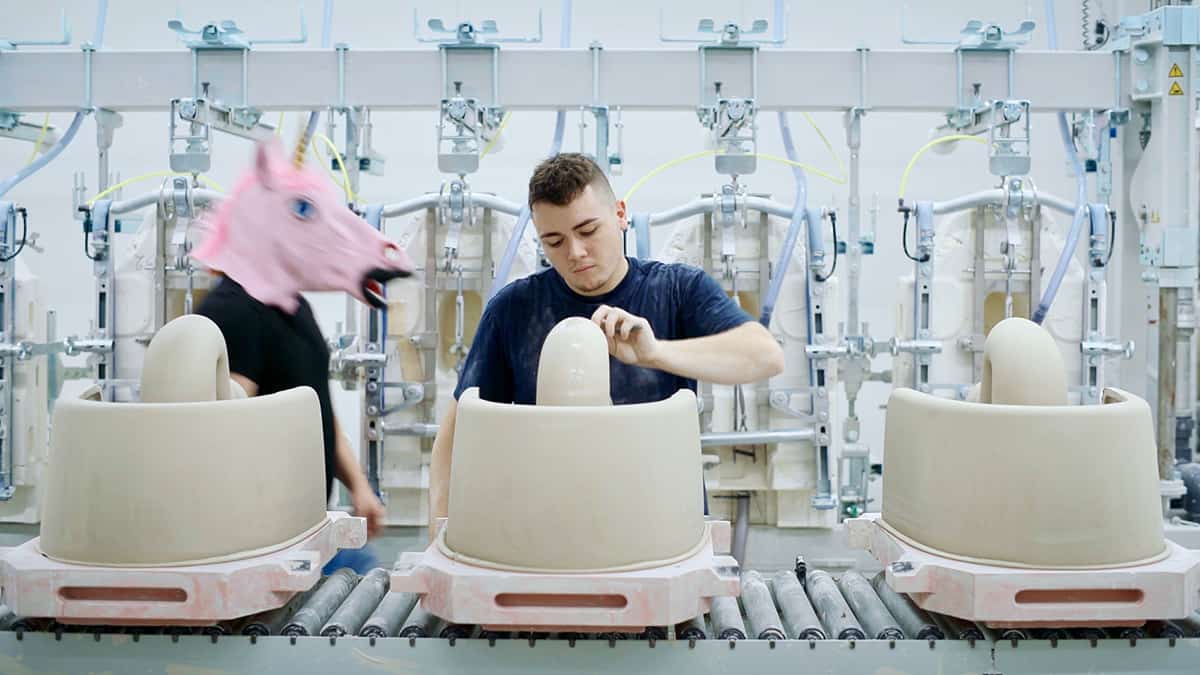MADRID, 13 (EUROPA PRESS)
85% of new Spanish homeowners consider green mortgages as an “attractive solution” to achieve sustainable housing, according to the report ‘The path to sustainability at home’, led in Spain and Portugal by the Union of Real Estate Credits (UCI), although only 37% have considered contracting them compared to a conventional mortgage.
The report has been carried out with a sample of 4,000 homeowners who have just bought a home or are about to do so in Spain, Portugal, Italy, Sweden, the Netherlands, Romania, Hungary and Germany.
In this way, it collects that eight out of ten Spaniards surveyed claim to know what is the operation of green mortgages, understood as a financial solution for the purchase, construction or rehabilitation of a sustainable home, with advantageous conditions in their contracting.
Thus, 85% of new owners in Spain consider them an “attractive solution” to achieve a sustainable home, although, due to their recent appearance, only 37% would have considered hiring it compared to a conventional mortgage.
Whatever the type of mortgage, both in Spain and in Europe, the factors that determine its contracting are, mainly, the interest rate, the installment and the terms, while, among all the elements to take into account in this process, sustainability is ranked number 11 in Spain, a criterion most valued among Italians, Portuguese and Hungarians, where it rises to ninth place.
In this sense, buyers who acquire their first home are those who show the greatest preference for green mortgages, citing financial aspects as the main reason, such as a lower interest rate or savings on the energy bill.
On the other hand, the report indicates that homes are “responsible for 40% of global energy consumption and 36% of greenhouse gas emissions”, so improving their energy performance through reforms will be “fundamental ”To achieve the European decarbonisation targets.
In this way, 60% of the owners assure that they would make reforms to improve the efficiency of their house, but only 35% would be willing to request a loan to carry out these improvements.
In this regard, the report indicates that four out of every five buildings in Spain are energy “inefficient” and the real estate stock has an average age of around 45 years, a situation that, however, would be repeated in a large part of the continent’s homes European, built mostly between the 60s and 80s, “with low or even non-existent energy certificates.”
As an exception, the study includes the case of the Netherlands, where six out of ten buildings have an energy certification between AC.
In this regard, the director of CSR and Sustainability of UCI, Cátia Alves, affirms that green financing “is taking its first steps” in the mortgage market and that demand “will increase” to the same extent that “the awareness of future owners that a comfortable home goes far beyond decoration and the most visual elements ”.
Thus, Alves points out the importance of other factors, such as the insulation of homes, the energy and heating system or lighting.
OPTIMISM DESPITE THE UNKNOWLEDGE
However, the report shows that nine out of ten new owners in Spain “believe they have a fairly efficient home”, a similar perception in the rest of the countries participating in the study, “although only six out of ten know what the certificate is. energy of your house ”.
“This perception shows the great ignorance that exists in Spain and much of Europe about the factors that influence the sustainability of a home. If we focus on Spain, more than 80% of home purchases are second-hand and, therefore, they tend to be old and not very efficient and need to undertake renovations to improve their comfort and energy efficiency ”, says Alves.
–

